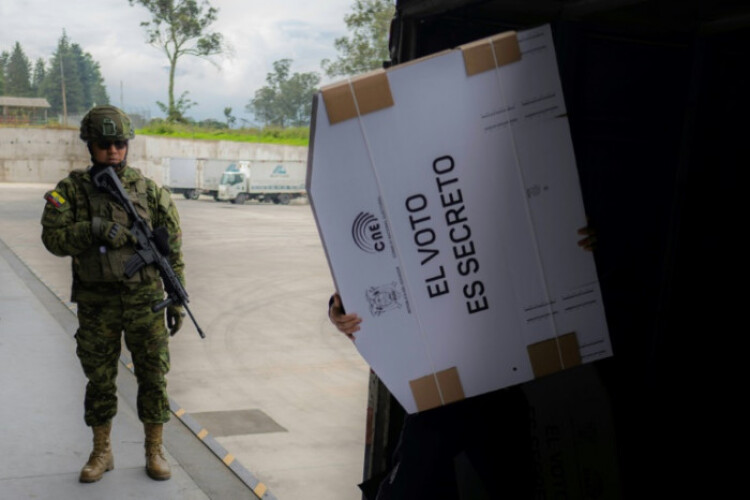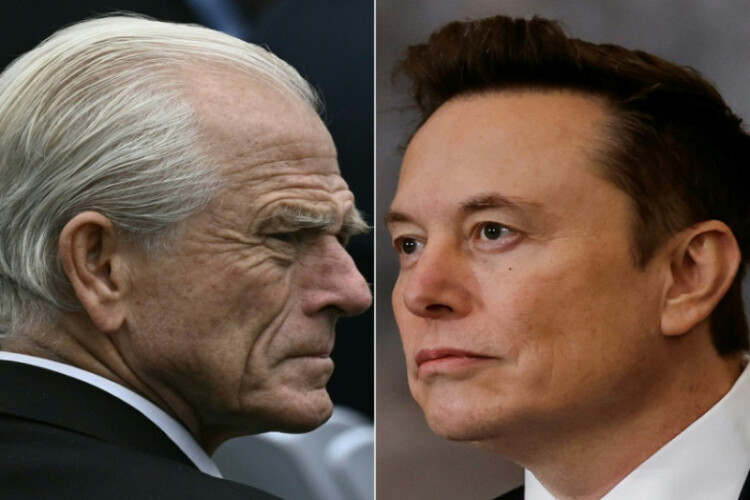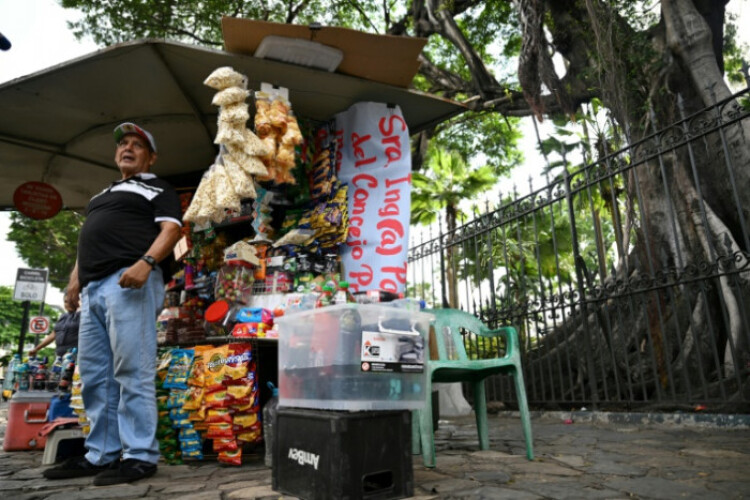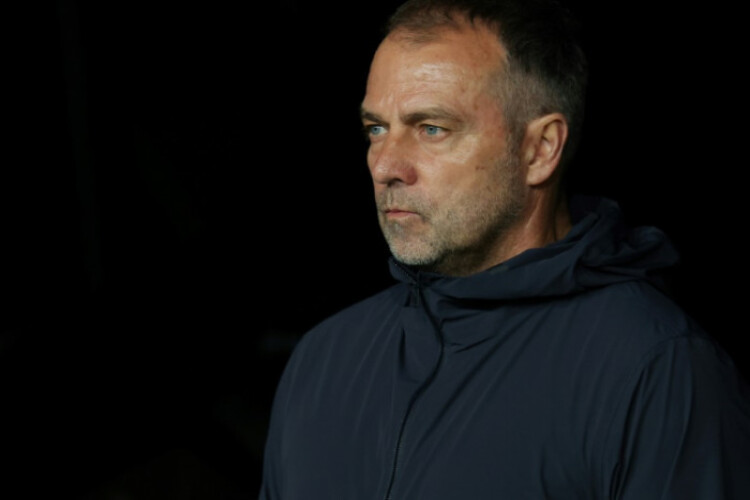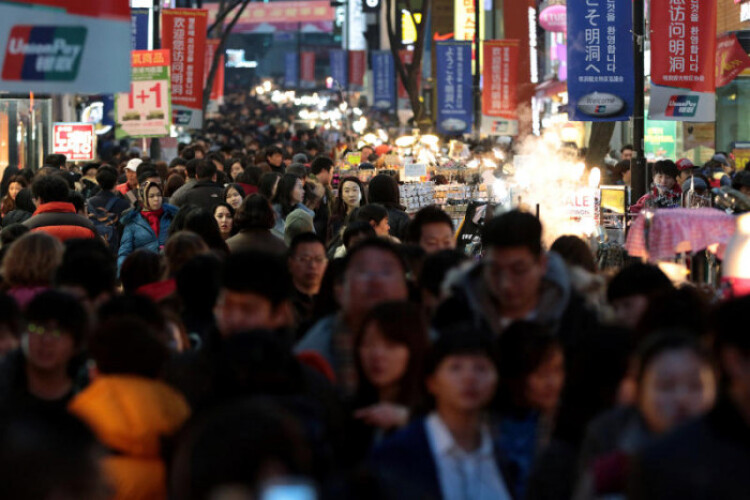
SEOUL - South Korea approved the construction of two nuclear reactors on the nation’s east coast, reviving a project that was scrapped by the former administration, which had pursued an anti-nuclear policy.
The Nuclear Safety and Security Commission greenlighted the building of Shin Hanul No. 3 and 4 reactors in Uljin, it said in a statement Thursday. The reactors will each have a capacity of 1.4 gigawatts, it added.
South Korea is in the midst of a nuclear energy renaissance as President Yoon Suk Yeol, who took office in 2022, reverses his predecessor's policy and revives the role of atomic power to help slash emissions. Seoul is aiming for nuclear to account for 36% of power generation by 2038, up from 30% now.
The country aims to satisfy soaring power demand from artificial intelligence with carbon-free sources such as nuclear and hydrogen, Vice Minister of Trade, Industry and Energy Choe Nam-ho said in an interview earlier this month.
A proposed national energy strategy in May called for three new reactors with 1.4 gigawatts capacity each, and a 700-megawatt small modular reactor by 2038. South Korea expects to complete building Shin Hanul No. 3 and 4 units by 2032 and 2033, respectively, according to the presidential office.
The announcement comes after Korea Hydro & Nuclear Power Co, the state-run developer of atomic plants, first sought construction approval in 2016. The project had been abandoned under former President Moon Jae-in as he pledged to phase out nuclear power from the country’s energy mix, citing safety concerns.
The renewed push for nuclear power got a boost earlier this year, when South Korea won a US$17 billion project to export its nuclear technology to the Czech Republic.
The Nuclear Safety and Security Commission greenlighted the building of Shin Hanul No. 3 and 4 reactors in Uljin, it said in a statement Thursday. The reactors will each have a capacity of 1.4 gigawatts, it added.
South Korea is in the midst of a nuclear energy renaissance as President Yoon Suk Yeol, who took office in 2022, reverses his predecessor's policy and revives the role of atomic power to help slash emissions. Seoul is aiming for nuclear to account for 36% of power generation by 2038, up from 30% now.
The country aims to satisfy soaring power demand from artificial intelligence with carbon-free sources such as nuclear and hydrogen, Vice Minister of Trade, Industry and Energy Choe Nam-ho said in an interview earlier this month.
A proposed national energy strategy in May called for three new reactors with 1.4 gigawatts capacity each, and a 700-megawatt small modular reactor by 2038. South Korea expects to complete building Shin Hanul No. 3 and 4 units by 2032 and 2033, respectively, according to the presidential office.
The announcement comes after Korea Hydro & Nuclear Power Co, the state-run developer of atomic plants, first sought construction approval in 2016. The project had been abandoned under former President Moon Jae-in as he pledged to phase out nuclear power from the country’s energy mix, citing safety concerns.
The renewed push for nuclear power got a boost earlier this year, when South Korea won a US$17 billion project to export its nuclear technology to the Czech Republic.

